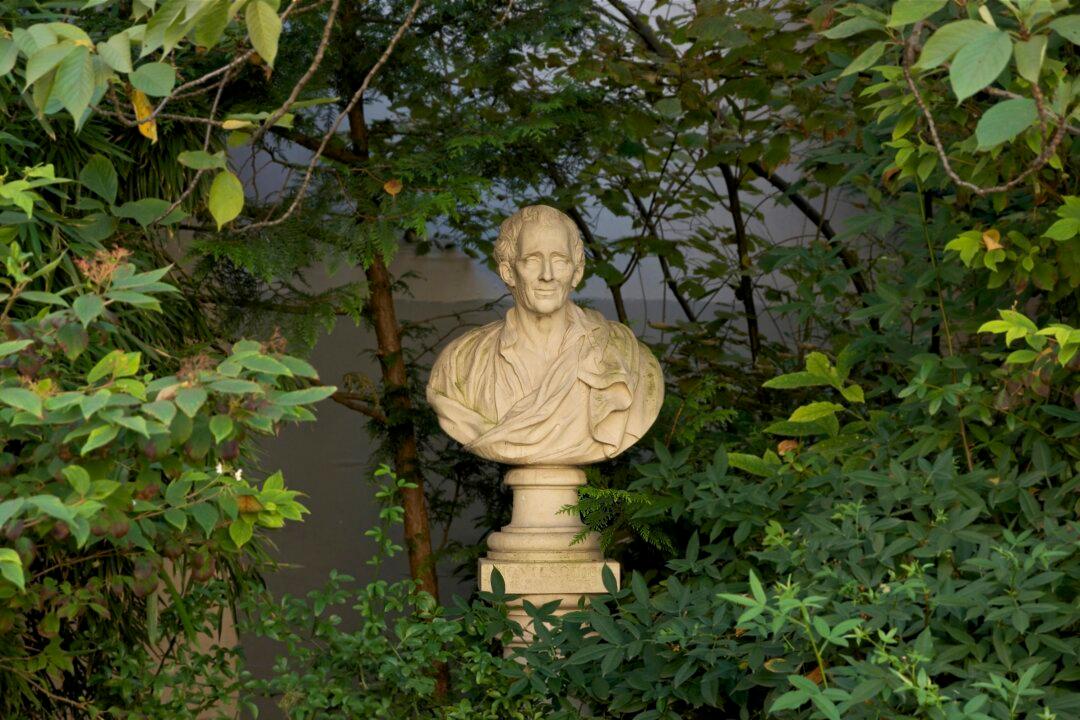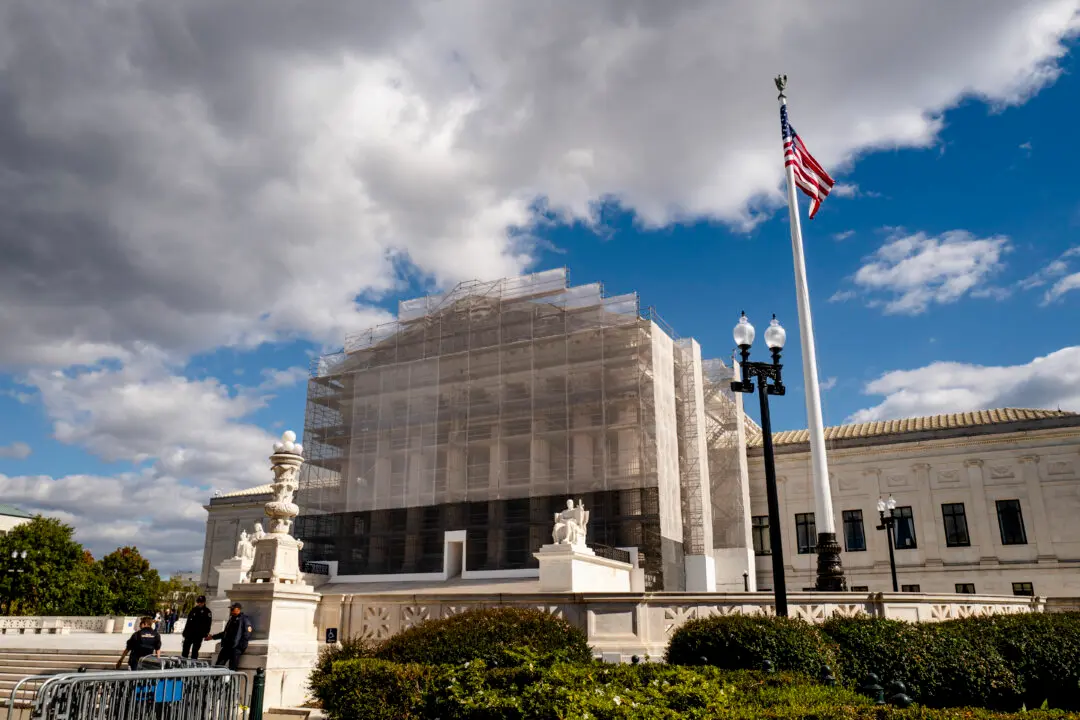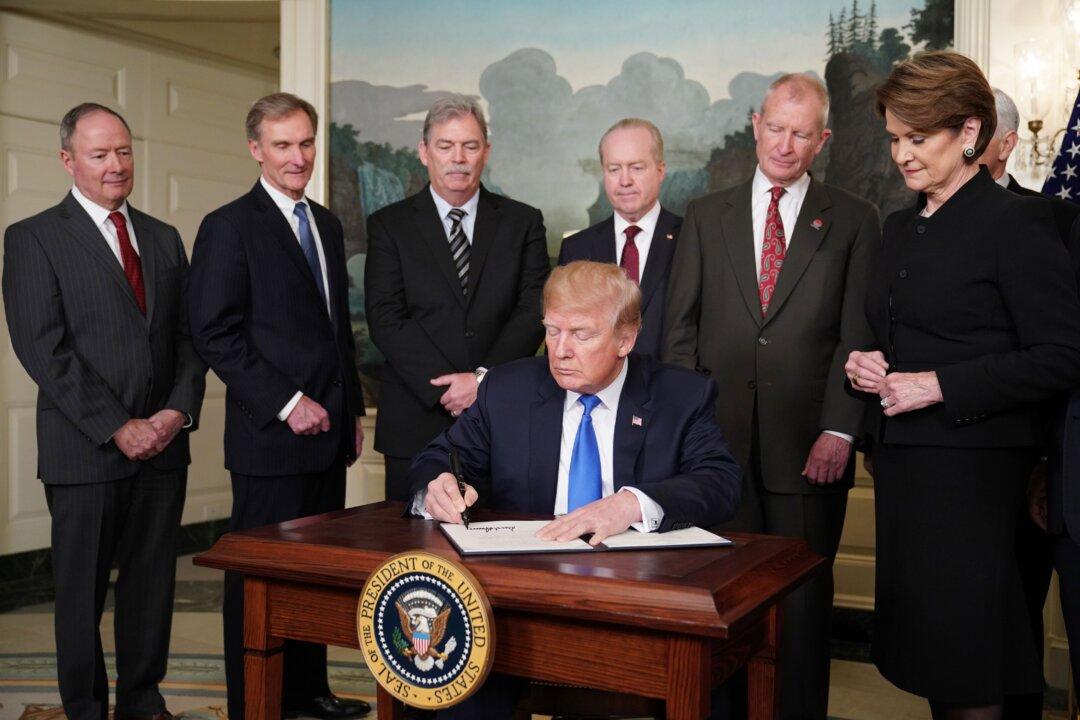Commentary
Montesquieu’s full name was Charles-Louis de Secondat, baron de LaBrède et de Montesquieu. When he was born near Bordeaux, France, in 1689, he was merely Charles-Louis de Secondat. He received the baronry of LaBrède (with rich wine land) from his mother. He received the barony of Montesquieu from his uncle. He received a dowry of 100,000 livres from his wife. She was good at managing their property.





